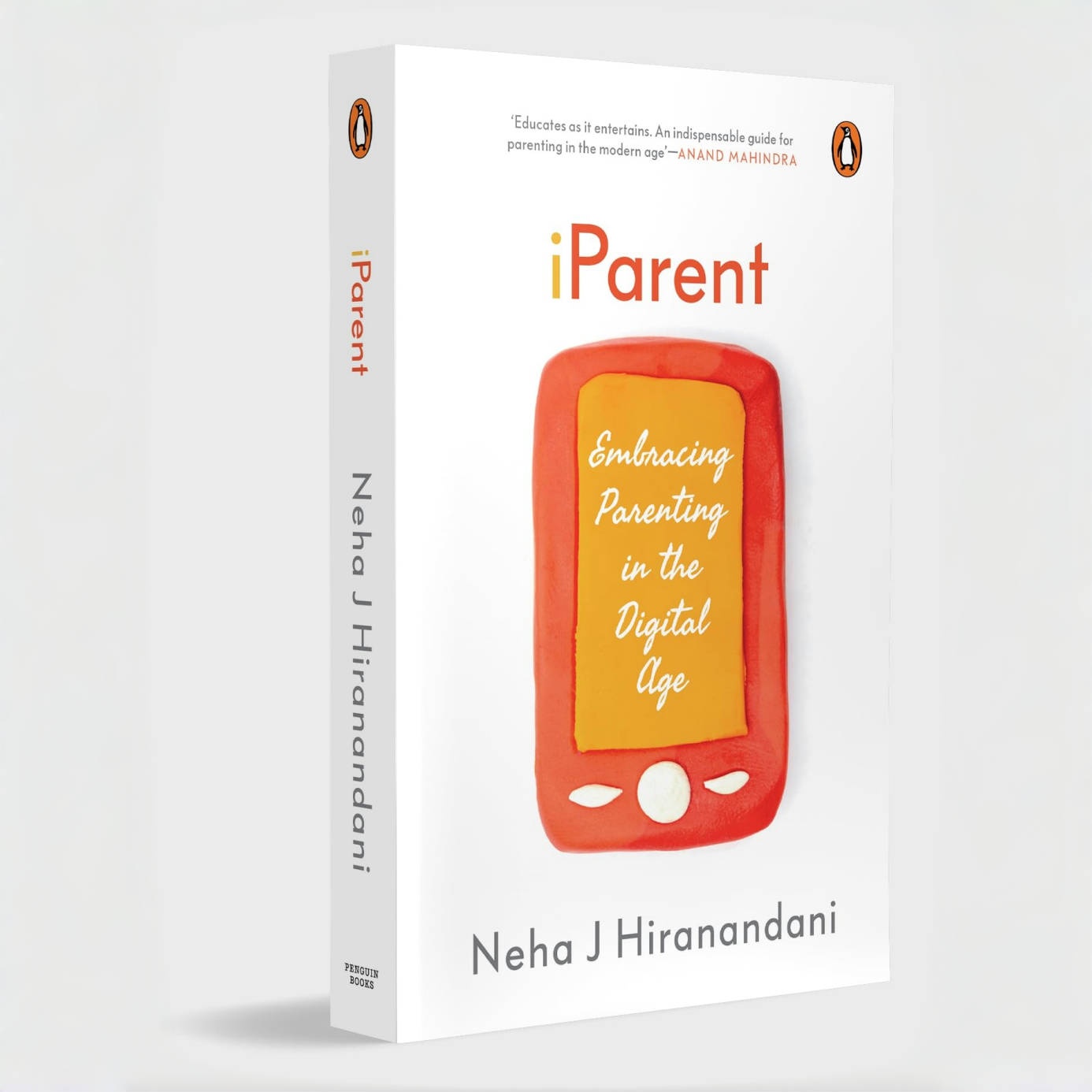Introduction
Parental guilt is the uncomfortable knot in your stomach when you wonder whether you have done “enough” for your child—served the healthiest meals, arranged the right playdates, balanced screen time perfectly, and juggled work deadlines without missing bedtime stories. In today’s hyper‑connected world, this feeling is nearly universal. Endless parenting blogs, flawless Instagram feeds, and well‑intentioned advice from relatives can magnify the pressure, eroding confidence and quietly draining joy from family life. Yet guilt, while common, is not inevitable. This article offers evidence‑based mindset shifts and hands‑on strategies to help you separate helpful concern from relentless self‑blame, so you can parent with clarity, compassion, and genuine connection.
Understand the Root Causes of Parental Guilt
Modern guilt has many disguises. A parent who clocks long hours may fret about missing milestones; another who works from home may worry the TV bought them “too many” minutes of focus. Feeding choices spark debates between purées, finger foods, and baby‑led weaning. Discipline decisions—timeouts, natural consequences, gentle guidance—can make you second‑guess yourself even after bedtime.
Beneath each scenario lie three powerful forces:
- Cultural expectations. Societies often glorify “self‑sacrificing” caregivers while criticizing any perceived lapse. These ideals shift by era and region but remain consistently sky‑high.
- Social media comparison. Highlight‑reel photos compress scattered good moments from dozens of families into an endless scroll, misleading us into judging our behind‑the‑scenes reality against curated snapshots.
- Internalized love. Ironically, guilt frequently springs from caring deeply. You want the best, so any deviation from your mental checklist feels like failure—even when your child is thriving.
Recognizing these origins turns guilt from an accusation into a signal: it shows you value your role. The key is learning when that signal is productive (prompting improvement) versus destructive (fueling shame).

Reframe What “Good Parenting” Looks Like
Perfection is a mirage. Children do not need gourmet bento boxes daily or Montessori‑approved toy rotations every week. What research repeatedly confirms is that kids flourish with caregivers who are consistently responsive, emotionally available, and willing to repair mistakes. Developmental psychologists call this the “good‑enough parent” standard: aiming for reliability and warmth, not flawlessness.
Try these mindset shifts:
- Swap perfection for presence. When you catch yourself nit‑picking, ask, “Am I here and attuned right now?” Five attentive minutes often outweigh an hour spent half‑distracted.
- Measure effort over outcome. Instead of judging the veggies left on the plate, celebrate that you offered them and modeled healthy eating.
- Normalize repair. If you snapped after a chaotic morning, name the feeling and apologize. Demonstrating accountability teaches resilience far better than never losing your temper at all.
By resetting the bar to realistic heights, you reclaim energy for laughter, learning, and the messy fun that sticks in childhood memories.

Practice Self‑Compassion and Mindful Parenting
Self‑compassion treats you with the kindness you readily extend to your child. Instead of berating yourself—“I blew it again!”—pause and respond as you would to a friend: “Today was rough; tomorrow is a new chance.” This deliberate gentleness lowers stress hormones, boosting patience and problem‑solving capacity.
Actionable practices:
- Positive self‑talk mantra. Choose a phrase such as “Imperfect and growing” or “Progress, not perfection.” Repeat when guilt surfaces.
- Five‑minute journaling. Jot what triggered guilt, how realistic that expectation is, and one small act you did well. Over time, patterns emerge, revealing triggers you can reframe or avoid.
- Mindful micro‑breaks. Even 60 seconds of deep breathing or grounding (feeling the floor under your feet and naming objects you see) disrupts spirals of self‑criticism.
- Plan mini‑escape valves. Whether it’s a solo walk, a favorite podcast, or a warm shower behind a locked door, schedule moments where you are not “on duty.” Restoration is not indulgence—it’s maintenance.
Practicing compassion does not excuse harmful actions; it simply replaces shame with accountability plus the emotional bandwidth to choose better next time.

Communicate and Connect with Your Child
Many parents assume guilt silently rather than talking with their children, yet open dialogue can surface surprising reassurance. When you ask, “How did you feel about our day?” you might learn your child barely noticed the hurried breakfast you lamented but cherished the goofy dance party before nap.
Practical connection habits:
- Daily check‑ins. Use age‑appropriate prompts: young kids can pick a “color” for their mood; older ones might name a “rose and thorn” from their day.
- Narrate repairs. If you had to skip bedtime reading, explain why—“I had an urgent email, but let’s choose two stories tomorrow.” This teaches flexibility and models balancing responsibilities.
- Micro‑moments matter. High fives after homework, shared jokes in the car, or five breaths together when tempers flare build a cushion of positivity that dwarfs occasional missteps.
Hearing your child’s perspective often dissolves assumptions that feed guilt. Connection clarifies real needs, letting you focus energy where it counts.

Seek Support and Share the Load
Parenting was never meant to be a solo sport. Historically, grandparents, neighbors, and community members shared child‑rearing tasks. Re‑creating support circles today can lighten mental load and chip away at guilt born from trying to be a one‑person village.
Strategies to build and lean on support:
- Swap stories with peers. Hearing another parent confess to handing over the tablet so they could shower normalizes your own compromises.
- Professional allies. Therapists or counselors adept in family dynamics can help untangle persistent guilt patterns and teach cognitive reframing.
- Boundary setting. Express needs clearly: “I’d appreciate an hour to decompress after work before tackling bedtime routine.” Partners, co‑parents, or relatives cannot guess your limits.
- Resource trade. Coordinate playdate rotations, meal trains after new babies, or carpool schedules. Each shared responsibility frees bandwidth for more focused, guilt‑free time with your children.
Remember: Asking for help is not a sign of deficiency; it teaches children teamwork and models healthy interdependence.

Conclusion
Feeling guilty is practically a rite of passage in modern parenting, but it is not a requirement for raising healthy, happy kids. By uncovering guilt’s true sources, challenging impossible standards, treating yourself with compassion, communicating openly, and leaning on community, you transform that heavy weight into a motivator for growth rather than a critic on your shoulder. Give yourself permission to be a good‑enough parent—present, loving, and human. In releasing unhelpful guilt, you carve out precious space for joy, laughter, and the authentic connection your children will remember long after the spotless kitchen or perfectly packed lunch is forgotten.





